You want a fence, right now, we get it. But don’t go ahead and start planning and building without first knowing what you’re allowed to do it. Breaking the state regulations can have severe penalties and will require you to tear down your brand-new fencing.
Unfortunately, the state regulations in Minnesota are pretty complicated, and they differ significantly across different counties. For this reason, we will be covering the Minneapolis city rules which are appropriate to many in Minnesota. For the precise regulations in your county, you should visit your local government website
Location
According to the Minneapolis government regulations on fencing, fences can be erected, placed or maintained along or adjacent to a lot line. It’s the property owner’s responsibility to find out where these lines are and to make all efforts to not encroach upon any public right-of-way or other property.
Similarly, no fence should be constructed that is within 15 feet of any street or alley intersections where it would obstruct the views of drivers who need to see oncoming traffic.
Acceptable Designs
The zoning ordinance of Minneapolis gives us a strict guideline as to what materials are acceptable. Firstly, note that no more than 2 per fence can be used, meaning that you can’t mix a variety of different fencing materials.
Wood that is resistant to decay, metal, brick, masonry and other permanent materials designed for permanent fencing is perfectly acceptable to use.
Acceptable Height
The regulations get slightly more complicated when it comes to the acceptable height. The appropriate height will differ depending on where the fence is located concerning your house.
The front yard can be up to 3 feet; corner side yard is also 3 feet, interior side year is 4 feet, the rear yard is 6 feet and along a public street is also 6 feet. But if you are using less than 60% opaque fencings like our wrought iron or chainlink fences, you can have up to 4 feet in the front and corner side yard and seemly any size in the rear.
What is Considered as Front Yard?
A common question that is often asked is where do the front yard end and the other sections begin? Two regulations cover this in the City of Minneapolis. Firstly, there is a zoning district setback whereby every district has their minimum zoning setback to establish where the front yard ends.
This first regulation cannot reduce your lawn, but it could be increased by the second regulation which states that your front yard may be bigger depending on your neighbor’s properties. By drawing a line from the closest front corners of your neighbor’s homes, you create the ‘established front setback line’ which can increase the size of your front yard.
Fences Shorter than 7 Feet
If the fence that you are building is less than 7 feet in height, then you will no require a permit, and you will not require a contractor. This regulation means that you can start working whenever you would like, presuming that you have completed a zoning check and assembled a site plan. Plus, you are free to do the work yourself if you feel comfortable doing so.
No inspection is required on these smaller fences, and the government will not need to review your construction plan at any point.
Fences Taller than 7 Feet
The regulations are slightly different for more substantial fences because the risk of them falling and injuring somebody is far more significant. Plus, they may obstruct other people’s views or comfort if they are unusually large and obtuse.
Fences taller than 7 feet will require a permit from the city, but you can still perform the work on your property if you with. As with the smaller fences, a zoning check and site plan are required.
However, a government inspection and construction plan review will also need to take place so that the city can be confident that the fencing is safe to occur, and the result is adequate.

